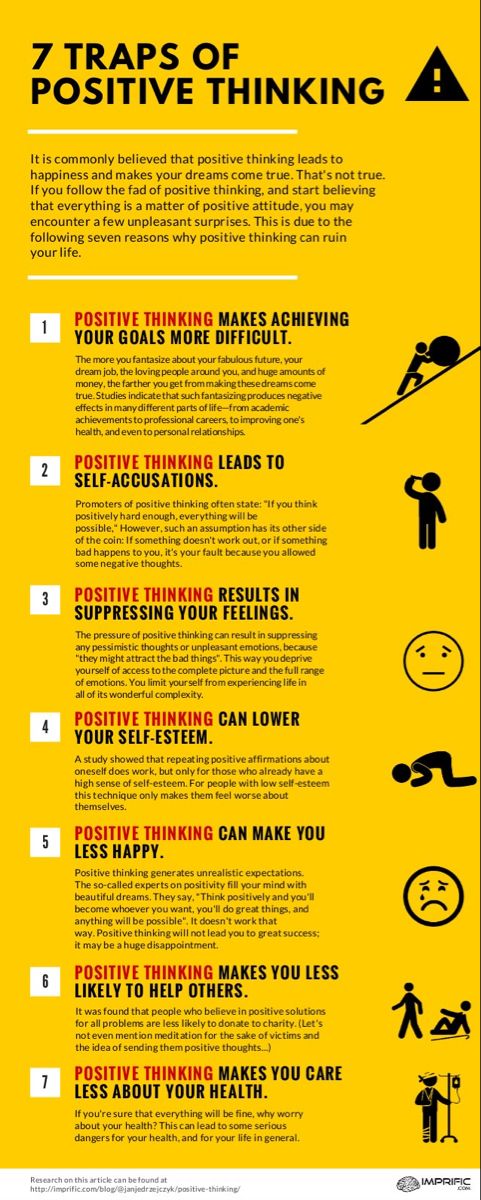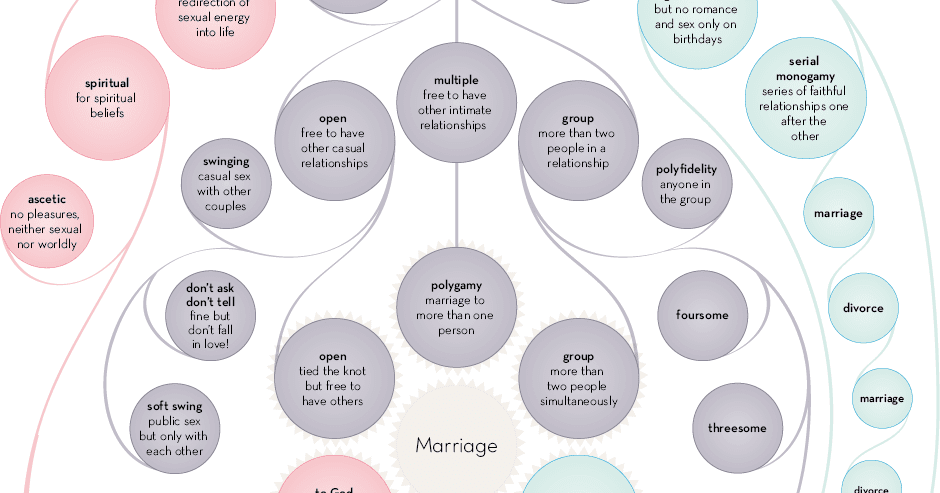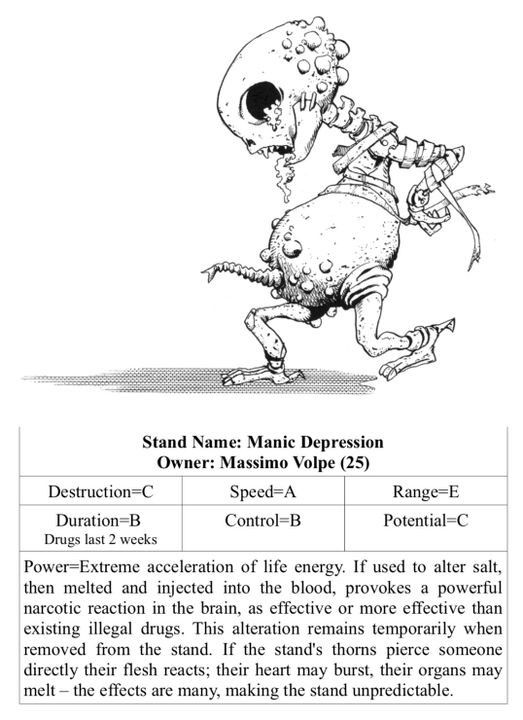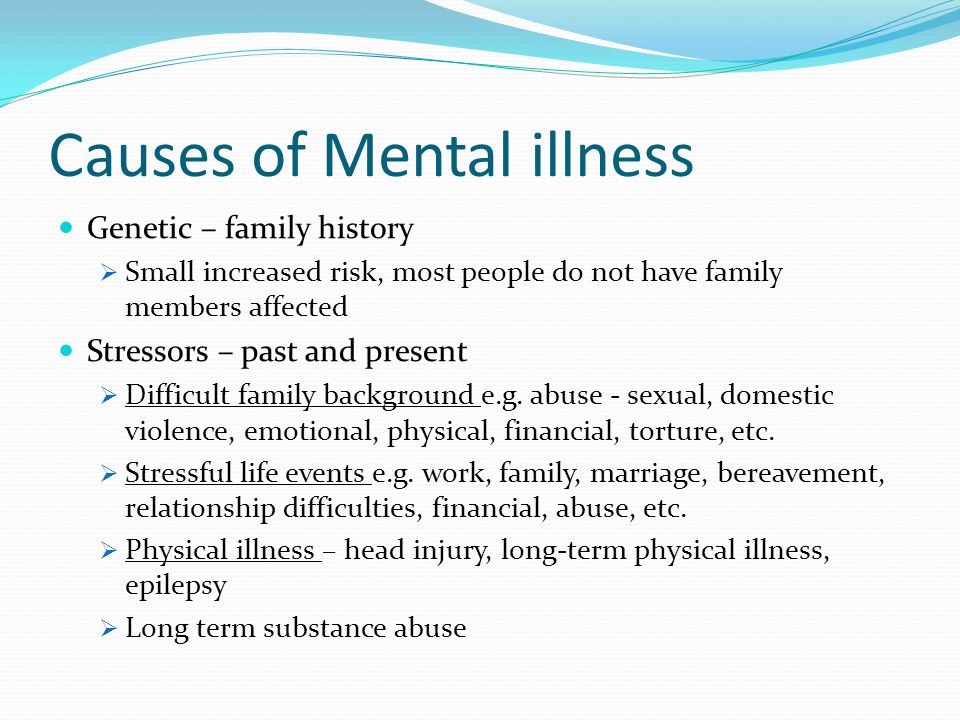When you're feeling sad and low
Get help with low mood, sadness or depression
Most people feel low sometimes, but if it's affecting your life, there are things you can try that may help.
Support is also available if you're finding it hard to cope with low mood, sadness or depression.
Symptoms of a low mood
Symptoms of a general low mood may include feeling:
- sad
- anxious or panicky
- more tired than usual or being unable to sleep
- angry or frustrated
- low on confidence or self-esteem
A low mood often gets better after a few days or weeks.
It's usually possible to improve a low mood by making small changes in your life. For example, resolving something that's bothering you or getting more sleep.
Symptoms of depression
If you have a low mood that lasts 2 weeks or more, it could be a sign of depression.
Other symptoms of depression may include:
- not getting any enjoyment out of life
- feeling hopeless
- not being able to concentrate on everyday things
- having suicidal thoughts or thoughts about harming yourself
Things you can try to help with a low mood
Do
-
try talking about your feelings to a friend, family member, health professional or counsellor. You could also contact Samaritans, call 116 123 or email [email protected] if you need someone to talk to
-
try the 6 ways to feel happier, which are simple lifestyle changes to help you feel more in control and able to cope
-
find out how to raise your self-esteem
-
consider peer support, where people use their experiences to help each other.
 Find out more about peer support on the Mind website
Find out more about peer support on the Mind website -
try mindfulness, where you focus on the present moment
-
listen to free mental wellbeing audio guides
Don’t
-
do not try to do everything at once; set small targets that you can easily achieve
-
do not focus on the things you cannot change – focus your time and energy into helping yourself feel better
-
try not to tell yourself that you're alone – most people feel low sometimes and support is available
-
try not to use alcohol, cigarettes, gambling or drugs to relieve a low mood. These can all contribute to poor mental health
Audio: Self-help for low mood and depression
In this audio guide, a doctor explains what you can do to help yourself cope with low mood and depression.
Media last reviewed: 2 March 2021
Media review due: 2 March 2024
Information:
Further information and support
- Mind: how to improve your mental wellbeing
- Mind: stress – managing stress and building resilience
- Health for Teens: advice about low mood
- Every Mind Matters: mental wellbeing tips – get practical and personalised tips and advice to help lift your mood, manage stress and anxiety, and improve your sleep
Where to get NHS help for a low mood
Referring yourself for therapy
If you need more support, you can get free talking therapies like cognitive behavioural therapy (CBT) on the NHS.
You can refer yourself directly to an NHS talking therapies service without a referral from a GP.
Non-urgent advice: See a GP if:
- you've had a low mood for more than 2 weeks
- you're struggling to cope with a low mood
- things you're trying yourself are not helping
- you would prefer to get a referral from a GP
Urgent advice: Ask for an urgent GP appointment or call 111 if:
- you need help urgently, but it's not an emergency
111 can tell you the right place to get help if you need to see someone. Go to NHS 111 online or call 111.
Immediate action required: Call 999 or go to A&E now if:
- you or someone you know needs immediate help
- you have seriously harmed yourself – for example, by taking a drug overdose
A mental health emergency should be taken as seriously as a medical emergency.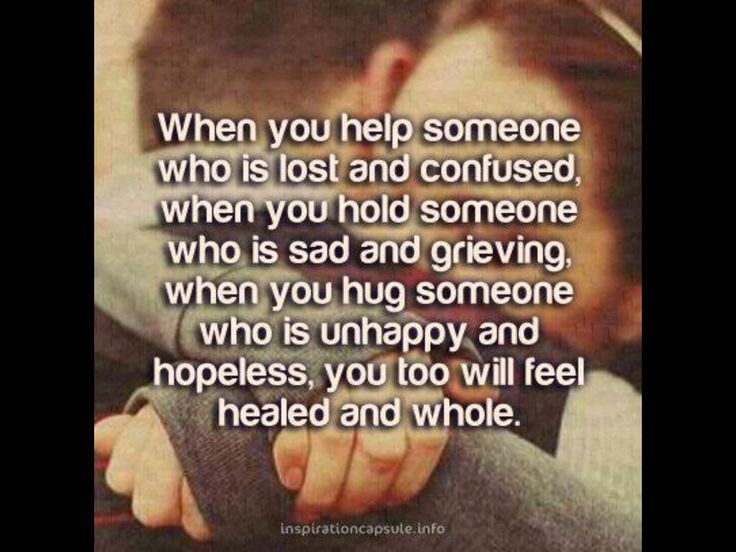
Find your nearest A&E
Causes of a low mood
There are many reasons why you might feel low at some point in your life.
Any sort of difficult event or experience could lead to sadness or low self-esteem. Sometimes it's possible to feel low without there being an obvious reason.
Identifying the cause
If you know what's causing your low mood it might be easier to find ways to manage it.
Some examples of things that may cause a low mood include:
- work – feeling pressure at work, unemployment or retirement
- family – relationship difficulties, divorce or caring for someone
- financial problems – unexpected bills or borrowing money
- health – illness, injury or losing someone (bereavement)
Even significant life events such as buying a house, having a baby or planning a wedding could lead to feelings of sadness.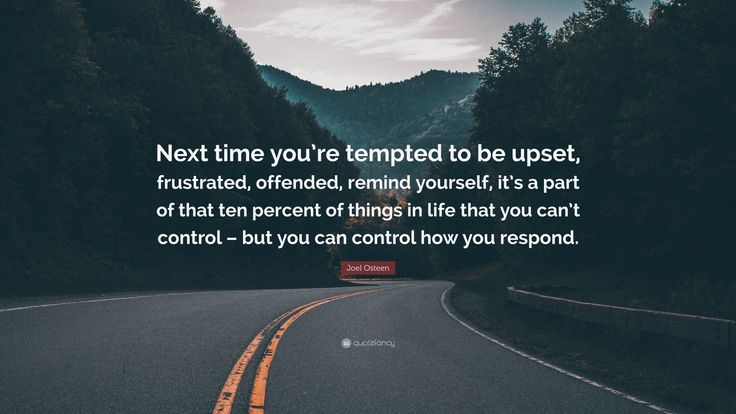
You might find it hard to explain to people why you feel this way, but talking to someone could help you find a solution.
Find out more about the 5 steps to mental wellbeing
Conditions related to low mood and depression
| Symptoms | Possible cause |
|---|---|
| feeling low or depressed in a seasonal pattern, usually during winter | seasonal affective disorder (SAD) |
| feeling low or depressed after the birth of a child | postnatal depression |
Page last reviewed: 23 November 2022
Next review due: 23 November 2025
Why Am I Sad for No Reason? What Might Be Happening
Sadness is a temporary state that often has a clear cause, like a big disappointment, the loss of someone close to you, or bad news from someone you love.
This type of sadness can fluctuate throughout the day. In certain moments, the emotional burden might feel particularly heavy. You might cry often, feel numb or drained, and struggle to concentrate.
At other times — when you get lost in something you enjoy or when a loved one distracts you — your sorrow may seem light enough that you can barely feel its weight. While it might linger in some form for days or weeks, it generally begins to ease naturally.
Persistent sadness is something else entirely. It can wrap around you like a heavy blanket, muffling the sensations and joy of everyday life. This sadness can leave you feeling low, empty, and defeated. You don’t know what caused your unhappiness, so you have no idea how to start feeling better.
Feeling sad isn’t at all unusual. After all, sorrow is a normal human response to disappointment and loss. Sadness that doesn’t have a clear reason behind it and doesn’t seem to improve, however, may suggest something else is going on.
While not everyone with depression will feel sad, unexplainable sadness you can’t seem to shake is one of the primary signs of depression.
If your sadness does relate to depression, you’ll likely feel sad nearly all of the time — almost every day, for most of each day, for a period of 2 weeks or longer. Sadness, in other words, seems to become a constant companion.
With depression, you’ll experience other symptoms, too. If several of the signs below accompany your sad or tearful mood, there’s a good chance you’re dealing with depression:
- feelings of anxiety or emptiness
- a sense of pessimism and hopelessness about the future
- increased irritability
- feelings of guilt, worthlessness, or helplessness
- little interest in the things you usually enjoy
- fatigue, lack of energy
- unexplained physical tension, pain, or digestive issues
- changes in sleep patterns
- slowed movements or speech
- restlessness or agitation
- trouble with concentration, memory, and decision making
- appetite changes
Chronic sadness, especially when related to depression, might also prompt regular thoughts of death or suicide.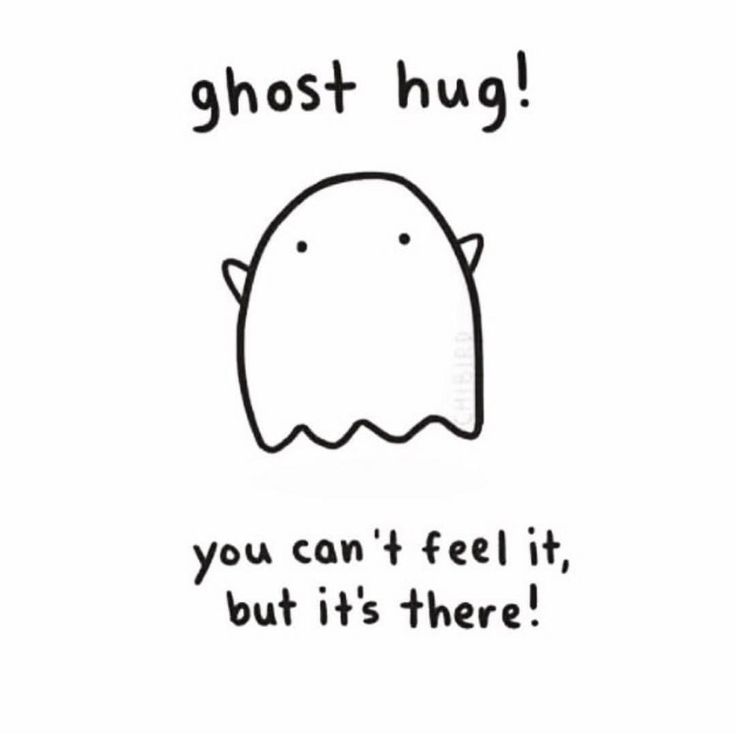 Even if you don’t have a plan to act on these thoughts, it’s always best to talk to someone you trust and get support right away (more on how to do this later).
Even if you don’t have a plan to act on these thoughts, it’s always best to talk to someone you trust and get support right away (more on how to do this later).
You might begin to notice your feelings of sadness, along with any other symptoms you experience, follow a specific pattern. Depression can take different forms, and various underlying factors can have an impact on the way your symptoms show up.
A few things to look for:
Rapid shifts in mood
People living with bipolar disorder often experience episodes of depression as part of a cycle that also includes episodes of mania or hypomania.
You might notice you suddenly feel intensely happy, even euphoric. This abrupt change in mood might also involve:
- impulsive behavior
- restlessness and irritability
- a renewed sense of energy that leaves you fixating on certain projects or activities
- an increase in confidence and self-esteem
- less of a need for sleep
This episode might last a week, or longer.
Somewhere around 40 percent of people with bipolar disorder have what’s known as mixed features. You could experience sadness and other symptoms of depression at the same time as mania.
This combination of symptoms can make it harder to understand what you’re experiencing, which could add to your distress.
Seasonal sadness
Maybe your sadness seems to arrive or intensify around the same time of year the days begin to shorten. Once the longer, sunnier days of spring and summer arrive, you feel better, year after year.
It’s pretty common to feel a little low in autumn and winter. The nights get long and cold, and there are plenty of days when you may not even see the sun.
If this seasonal sadness persists and becomes serious enough to affect daily life, you could have seasonal affective disorder (SAD), a type of depression that occurs along with seasonal changes.
Along with other common depression symptoms, you might also notice:
- angry, pessimistic, or frustrated thoughts about the weather
- withdrawal or increased avoidance of social settings
- an increased desire to eat and sleep
Sadness before your menstrual cycle, during pregnancy, or after childbirth
Reproductive hormones can also play a part in depression symptoms, so tracking what time of the month symptoms show up can offer some important clues.
- Symptoms of premenstrual dysphoric disorder generally show up a week or so before your period starts. Along with depression symptoms, you might experience anxiety or nervousness, paranoia, or panic. Some people also have a sense of general overwhelm, or feel as if they’re losing control.
- Perinatal depression involves episodes of depression that might begin during pregnancy or anytime in the first year after childbirth. It can involve worries about your ability to care for your child and intrusive thoughts about harming yourself or your child. You might also struggle to bond with your child.
- Depression symptoms can also develop along with perimenopause, or the transitional period before menopause. You might feel very tearful, lose interest in your usual activities, and find it difficult to manage ordinary stressors.
Mild sadness and emptiness that never seems to go away
Symptoms of depression often become serious enough to get in the way of everyday functioning, but that isn’t always the case.
With most forms of depression, periods of sadness might last a few weeks or longer, depending on the type of depression you have, and then lift temporarily. You might not feel sad or notice any other symptoms for some time.
With persistent depressive disorder (PDD), on the other hand, mood symptoms won’t show up in clear episodes. Instead, they often last for years. With PDD, you may no longer recall a time when you didn’t feel somewhat sad or depressed. You might:
- have trouble finding pleasure and joy in anything at all
- fall into patterns of pessimistic or hopeless thinking
- have low self-esteem
- have low energy for most activities
Unlike symptoms of major depression, symptoms of PDD may not prevent you from living your daily life. Still, as you work, go to school, and take care of your regular responsibilities. you’ll likely notice an ever-present sad or low mood.
When sadness tints every aspect of your day-to-day an unrelenting gray, you might have trouble finding relief. Feeling down can also make it more difficult to brainstorm potentially helpful changes, which is why professional support can make a big difference (more on this in a moment).
Feeling down can also make it more difficult to brainstorm potentially helpful changes, which is why professional support can make a big difference (more on this in a moment).
In the meantime, these strategies may offer a bit of relief.
Talk to loved ones
Many of the symptoms associated with sadness or depression can prompt you to pull back from others rather than seek emotional support.
When feeling irritable, you might get frustrated with loved ones easily. You might experience guilt over negative feelings toward others, your need to cancel plans, or your disinterest in your usual activities. It’s also fairly common to find yourself doubting whether loved ones actually care about you and want to spend time with you.
Isolating yourself will generally only worsen sadness, though, so sharing your feelings with someone you trust can help a lot. Even opening up to just one close friend or family member can help you feel less alone.
Talking won’t necessarily make your symptoms go away, but it can help the burden seem lighter. You’ll also have someone you can turn to if you need additional support.
You’ll also have someone you can turn to if you need additional support.
Add a little humor
People commonly use humor as a method of coping with depression and other mental health conditions.
Even when you don’t feel much like laughing or cracking jokes, funny books, YouTube videos, or your favorite comedy program can often take the edge off your sadness and help raise your spirits.
Not a fan of comedy? Taking a beloved book off the shelf or curling up with a nostalgic movie can sometimes offer similar benefits.
Listen to music
Music offers a number of mental health benefits, including temporary relief from sadness and other symptoms of depression. It can help energize you, so you could also see some improvements in any fatigue you’re experiencing.
Listening to music can encourage your brain to produce hormones like dopamine and serotonin. These “happy hormones” have been linked to improvements in mood and reduced anxiety and stress.
Just try to avoid music that matches your mood. Wallowing can seem like a good way to get those feelings out, but mournful tunes might end up worsening sadness or depression. Aim for upbeat music with a faster tempo.
Wallowing can seem like a good way to get those feelings out, but mournful tunes might end up worsening sadness or depression. Aim for upbeat music with a faster tempo.
Do something you enjoy
Your favorite hobbies may seem less enjoyable when you feel sad or down, but giving them a try anyway can sometimes offer mood-boosting benefits.
If you’re struggling to muster up any energy, try low-key activities instead of ones that you feel exhausted just thinking about.
A few possibilities:
- reading a book
- working on a craft project
- taking a warm bath with relaxing music and candles or essential oils
- calling a friend
- cuddling your pet
Spend some time in the sun
“Have you tried going outside?” can sound like something a well-meaning loved one with no real knowledge of mood disorders might say. Yet while sunlight won’t completely cure feelings of sadness or depression, regular sun exposure can make a difference for both physical and mental well-being.
Experts believe sunlight prompts your brain to produce serotonin. When you have lower levels of this hormone in your system, you’re more likely to feel depressed, especially as fall and winter roll around. Spending more time in the sun, then, can increase serotonin and potentially relieve sadness.
Exercise can also offer some mood-boosting benefits, so if you feel up to it, combine your sun exposure with a walk around your neighborhood or in your favorite park.
Can’t get outside easily? Little sun to speak of? Light therapy with a SAD lamp can help you get some artificial sun that still offers very real benefits.
Coping strategies won’t always help relieve sadness. If nothing seems to help you find relief, it may be time to talk to a therapist or other healthcare professional.
Professional support is always recommended when symptoms:
- go away and come back regularly or continue to get worse
- begin to affect daily life and relationships
- keep you from taking care of responsibilities
- show up in physical ways — appetite or sleep changes, unexplained aches and pains
If you need help nowIt’s important to get help right away if you have thoughts of death, dying, or suicide.
Therapy offers a safe space to address and manage these thoughts over the long term, but in-the-moment support may be more helpful if you’re experiencing distressing thoughts during a mental health crisis.
- Call The National Suicide Prevention Lifeline at 800-273-8255.
- Access the Crisis Text Line by texting HOME to 741741 (686868 in Canada, 85258 in the UK).
You can find a therapist in your area with a quick Google search, using a therapist directory, or by asking a primary care provider for a referral.
When talking with a healthcare professional, be sure to tell them about any patterns you’ve noticed with your symptoms, including seasonal mood changes or cycles between extreme sadness and extreme elation.
Also, consider keeping track of changing moods and emotions in a journal. This helps express and sort through feelings at the moment, but it also creates a log of symptoms you can share with your care team.
Feeling sad all the time for no specific reason doesn’t always mean you have depression, but it does suggest you could be experiencing something more complex than sadness alone.
When sadness lingers and becomes more of a fixed state of being, talking to a therapist can have a lot of benefits. In the meantime, be gentle with yourself and try to remember that this feeling won’t last forever.
Crystal Raypole has previously worked as a writer and editor for GoodTherapy. Her fields of interest include Asian languages and literature, Japanese translation, cooking, natural sciences, sex positivity, and mental health. In particular, she’s committed to helping decrease stigma around mental health issues.
WHEN YOU ARE SAD... How to cheer yourself up (Brochure) - MNOGOKNIG.lv
categories
books
New items Shares % CarsDetectives, militantsChildren's literatureHome, everyday life, leisureForeign languages, dictionariesHistory, politicsBooks in EnglishGift books and medical technologiesComputer publications in Ukrainian Psychology, philosophyGuides, atlasesModern and classical literatureSports, weapons, fishing Souvenirs.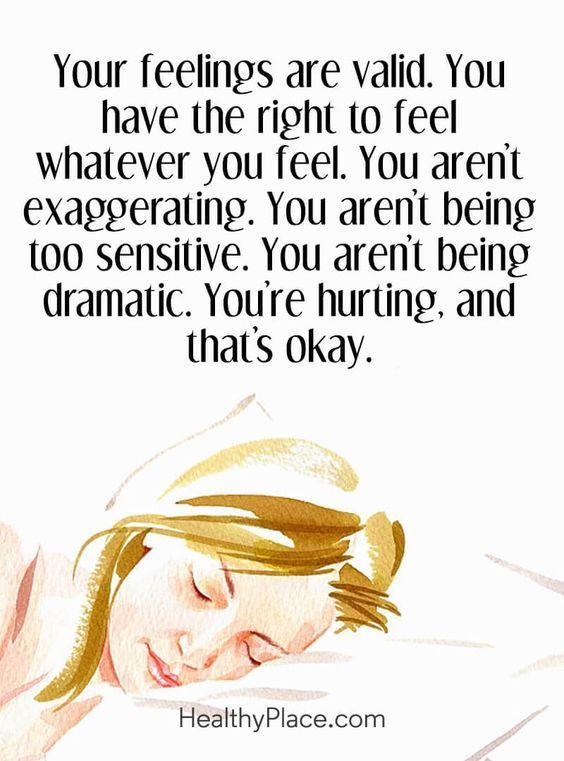 AccessoriesScience FictionEsoterica, astrology, magicEconomic literature
AccessoriesScience FictionEsoterica, astrology, magicEconomic literature
Gift cards
games, toys
MNOGOKNIG Games Toys Gamebooks Board games Educational games
Baby products
Teethers and pacifiers Sun loungers and swings car seats Baby protection accessories wigwam Children's furniture Baby clothes Cribs travel bed bathing baby Mattresses Pillows for pregnant women Educational toys for toddlers Textile Goods for feeding Baby care Walkers
holiday goods
All postcards Carnival costumes, masks and accessories Disposable tableware gift boxes Gift bags Candles Balloons
School supplies
Paper products globes Stationery Folders pencil cases Goods for creativity School bags
Art, craft and hobby supplies
Decoration Pearl effect for decoupage Painting Contour for glass and ceramics Fabric Outline Candle paints Sketching markers Modeling Other Needlework
Traditional goods
Fire bowls and hearths Matryoshkas Scarves Samovars Porcelain figurines
other goods
Accessories for girls Boys' accessories Keychains piggy banks Picnic supplies Photo albums
publisher
About the publisher Reusable stickers Board games Workbooks for preschoolers Workbooks for schoolchildren Educational lotto Coloring pages for girls Coloring pages cars and equipment Color with water! Teaching aids for preschoolers
News
Code: 9785981242625
Buy
Author: Griv B.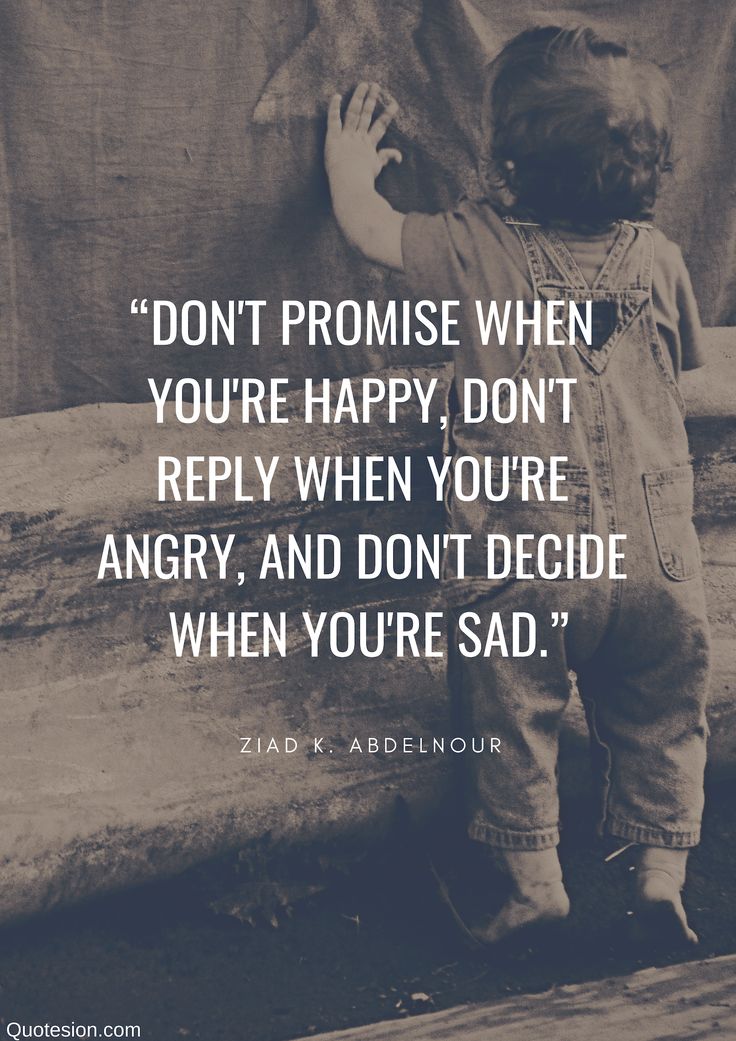 T. 063 Dobraya kniga Publishing House
T. 063 Dobraya kniga Publishing House
Non-serial series edition
Year 2018
ISBN 978-5-98124-262-5
Binding 120x120
Number of pages 128
Custom order
Bradley Trevor Grieve's books have become popular in more than 20 countries, making millions of people laugh from Brazil to Japan; in 2001, "When You're Sad" was recognized as the best innovative publishing project of the year. There are so many wonderful photographs in the book "When You're Sad..." that there is not enough space to mark each photographer individually. But I want to say that the charm of each image speaks of talent and design, which my awkward prose could only belittle. Only true masters of their craft could cram so much into a fraction of a second. Thank you.
Story 1 What to do when you are sad. It's great to be with your parents. Illustrated Psychology for Children
Story 1 What to do when you are sad. It's great to be with your parents. Illustrated psychology for childrenWikiReading
It's great to be with your parents. Illustrated psychology for children
Illustrated psychology for children
Surkova Larisa
Contents
History 1
What to do when you are sad
Sometimes I get in a bad mood. Especially if I didn’t get enough sleep, I’m sick, or when Alina told me something sad. Alina is my friend from the class, whom I love, but she does not pay any attention to me.
Sometimes I go up to Alina at recess just to talk, and she stands with the girls and talks only to them, and doesn’t even look at me. Or he looks, but at the same time his nose wrinkles or giggles. Sometimes you don't understand these girls!
Well, at times like this, I want no one to touch me, I like to just lie in bed, do nothing, eat sweets or ice cream and watch TV all day. Perhaps this happens to you too?
What do you do when you are sad?
________________________________________________________________
________________________________________________________________
________________________________________________________________
And here I am, not touching anyone, and just then my mother starts pestering me: “Styopa, go eat!”, “Styopa, put away your toys!”, “Styopa, play with your sister!”, “Styopa, take a walk with dog!"
Eh, I listen to her and every time I think: well, is she really so grown up and really doesn’t understand that I’m not up to her now.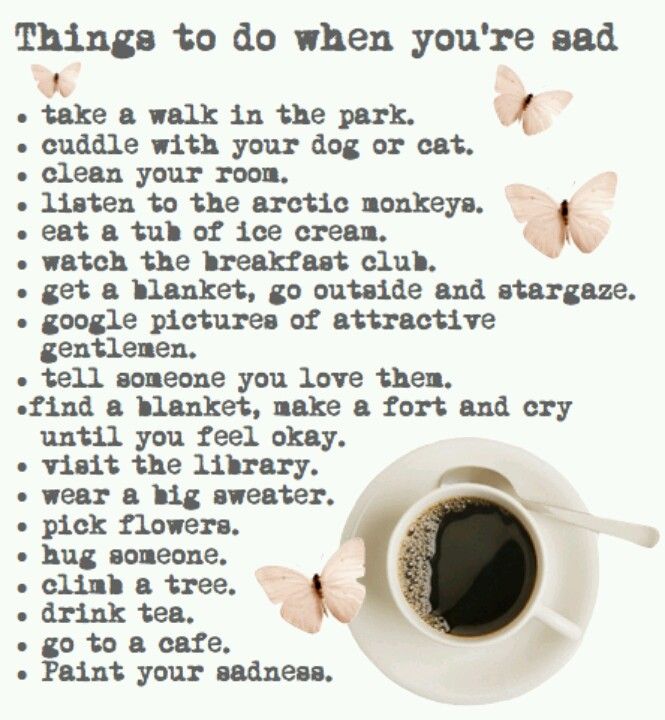 But more often than not, I miss all of her "Styopa!" deaf and don't react. Then she gets upset, begins to say something about her experiences, about how I upset her, how she would be pleased if I went to eat. I hear their conversations with dad and I know that smart books teach them to speak like that, which they read all the time. But if all their methods do not work, we quarrel. I can get angry, scream, cry, and even slam the door.
But more often than not, I miss all of her "Styopa!" deaf and don't react. Then she gets upset, begins to say something about her experiences, about how I upset her, how she would be pleased if I went to eat. I hear their conversations with dad and I know that smart books teach them to speak like that, which they read all the time. But if all their methods do not work, we quarrel. I can get angry, scream, cry, and even slam the door.
Mom and dad do the same. Then each of us is upset, and I can still be punished.
Have you had this? How are you being punished?
________________________________________________________________
________________________________________________________________
________________________________________________________________
But I’m already in the first grade and I know how to quarrel properly so that they don’t torture me and I don’t receive punishment. Now I'll tell you!
• When you're in a bad mood, tell your mom! Get up right now in the morning and say: "Mom, I'm sad, I'm not in the mood. " Then she will pat you on the head, be sure to ask what happened, maybe give you a special vitamin. We call these vitamins "ascorbic". On the way to school, you can talk to your mom and it will make your stomach feel so warm! I really love these conversations with my mother.
" Then she will pat you on the head, be sure to ask what happened, maybe give you a special vitamin. We call these vitamins "ascorbic". On the way to school, you can talk to your mom and it will make your stomach feel so warm! I really love these conversations with my mother.
• If you feel sad on your day off, get into bed with your mom and dad as soon as possible! This will put everyone in a good mood!
• If it so happens that your parents have already begun to swear, tell them: “Stop! Listen to me - I'm a person and I also want to speak out!
We also have red cards in our family! When someone misbehaves, you can show him this card. This means that he needs to shut up and count to 10. This is very convenient so that mom does not swear at you.
I know one more secret - at the most difficult moment of a quarrel, come up and say: "Mommy, I love you so much!" - and look into her eyes. She will definitely not be able to swear further, I checked many times.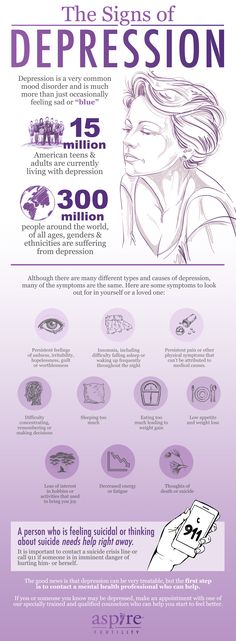
In fact, parents are the kind of people you have to talk to all the time. You tell them everything directly - and they are satisfied, and you get what you want. I strongly advise you to try to say something to them before you scream or cry. You can start with the simplest: "Let's talk!"
This text is an introduction.
What to do if you are threatened or already blacklisted
What to do if you are threatened or already blacklisted The head of the station says to a passenger standing alone on the platform: - You are wasting your time: the Volokolamsk train, passing at 8.40, no longer stops at this station. - How? Changed
World experience - remember this when it's hard for you
World experience - remember this when it's hard for you • Before becoming a great orator, Demosthenes was shy, suffered from a speech impediment and had a very weak voice. • Having fallen off the dome of the circus, the acrobat Dikul Valentin became an invalid of the first group with a fracture injury
• Having fallen off the dome of the circus, the acrobat Dikul Valentin became an invalid of the first group with a fracture injury
When and what to do
When and what to do In most situations, you will do better if you have an internal reference so that you can make your own decisions in accordance with your own values and the best information available. Often internal reference
A story about the fact that in life you have to do everything yourself
A story about the fact that in life you have to do everything yourself Somehow I had to pick up my brother's daughter from kindergarten. I drove the car and picked it up. In the car, Alina says to me with delight: “Uncle, look!” – and shows the icon. The badge, it must be said, is nothing remarkable from
Chapter 6 Safe Haven: What Should You Do When I'm Worried
Chapter 6 Safe harbor: what should you do when I'm restless When you are very scared, the only thing that can help is a strong hug. John Bowlby Am I safe with you? Will you look after me properly? Can I count on help when I need it?
John Bowlby Am I safe with you? Will you look after me properly? Can I count on help when I need it?
Chapter 7 Supporting the thirst for knowledge: what should you do when I feel that everything is fine
Chapter 7 Support for the thirst for knowledge: what should you do when I feel that everything is in order For the first time... And what is small, The meaning gives its beginning![2] Henrik Wergeland. First time Will you share the joy of life with me? Will you let me know something new? Recognize my right to try myself,
2. What to do when you don't feel like doing anything?
2. What to do when you don't feel like doing anything? If the state has covered the house, spit on everything and treat yourself to a cup of good tea. Or coffee, but with something very tasty. Better lie down and sleep for half an hour. If it turns out twice as much, do not try to scold yourself and call yourself a sloth.
If it turns out twice as much, do not try to scold yourself and call yourself a sloth.
9. Your man is about to turn to the left, in other words, he will change you, what should you do?
9. Your man is about to wag to the left, in other words, he will change you, what should you do? Like all bitches, pull yourself together and start thinking about the tactics of the return move, and in between cases, read the chapter “There is a smell of treason in the air”, and at the same time the continuation to
3. What do you look like when you are over thirty?
3. What do you look like when you are over thirty? As seductive as at twenty-five. Or even better. Just do not be young - it's vulgar. It is much more useful to drive away the thought that you can no longer be able to anyone
LESSON 32 Work will not take care of you when it's bad, but friends will help.
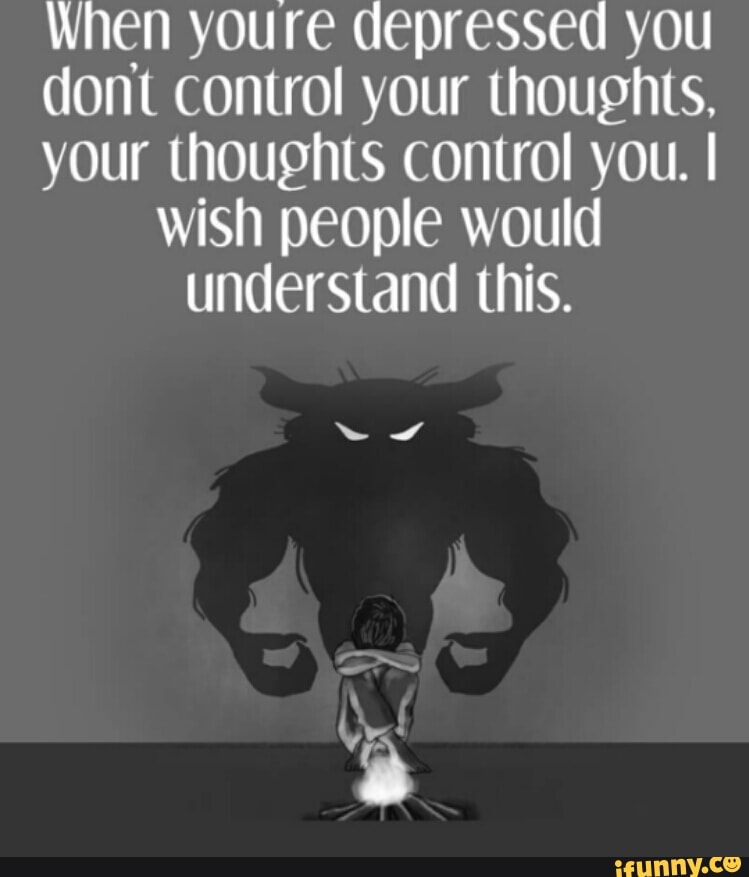 Don't lose them!
Don't lose them! LESSON 32 Work will not take care of you when it's bad, but friends will help. Don't lose them! There is something about the 40th birthday that makes people celebrate this date by decorating the house with black balloons and sending postcards that show bald, wrinkled heads in vivid detail.0004
What if you don't like his "adrenaline"?
What if you don't like his "adrenaline"? The man who is next to me never asks me for advice. Very rarely, if these are joint decisions, he listens to my point of view. Questions like: “What should I do, Natasha?” - I'm not at home
When to pause
When to pause Pause before the first word Before you start speaking, pause for a few seconds and silently look at the audience. Most people start talking immediately after the introduction and handshake.
